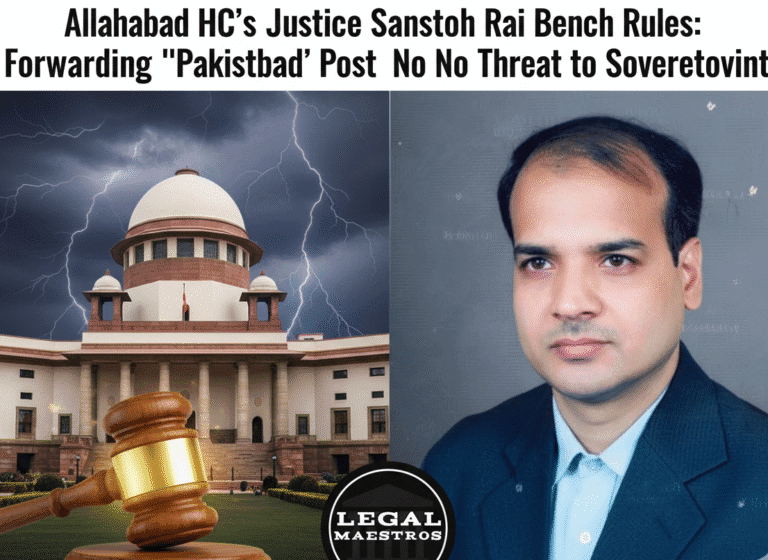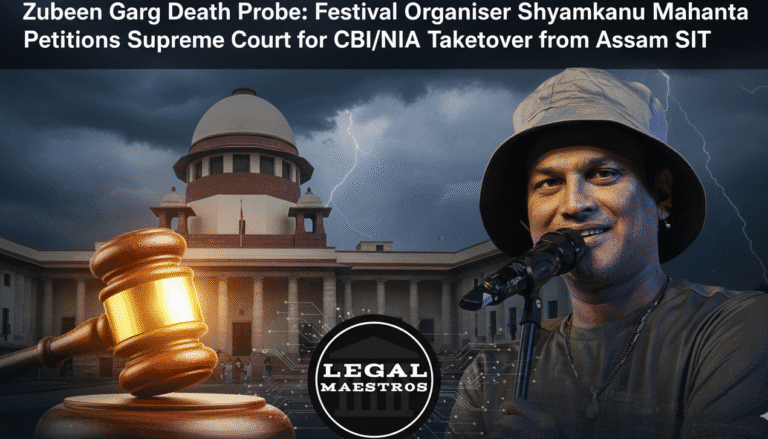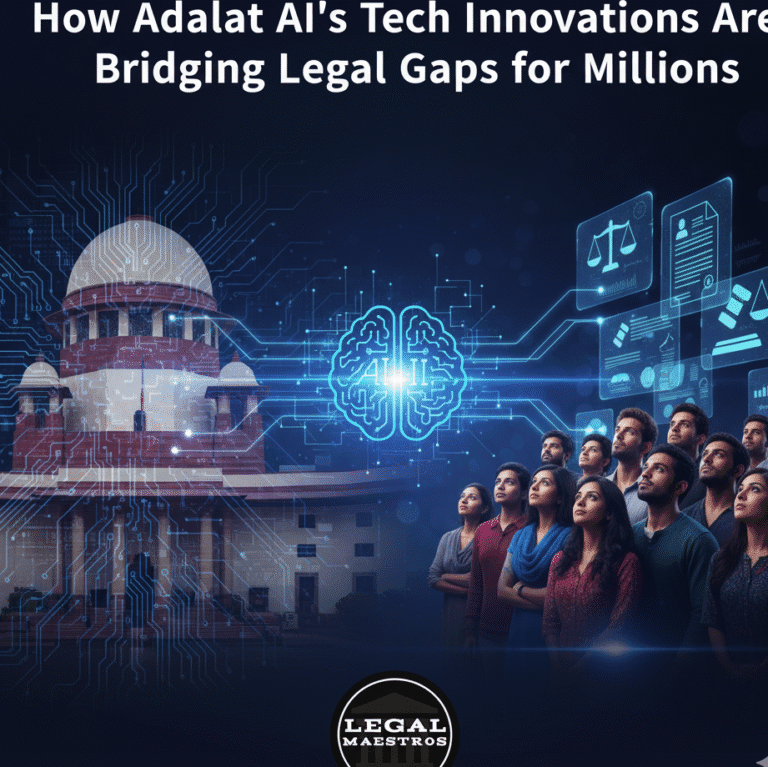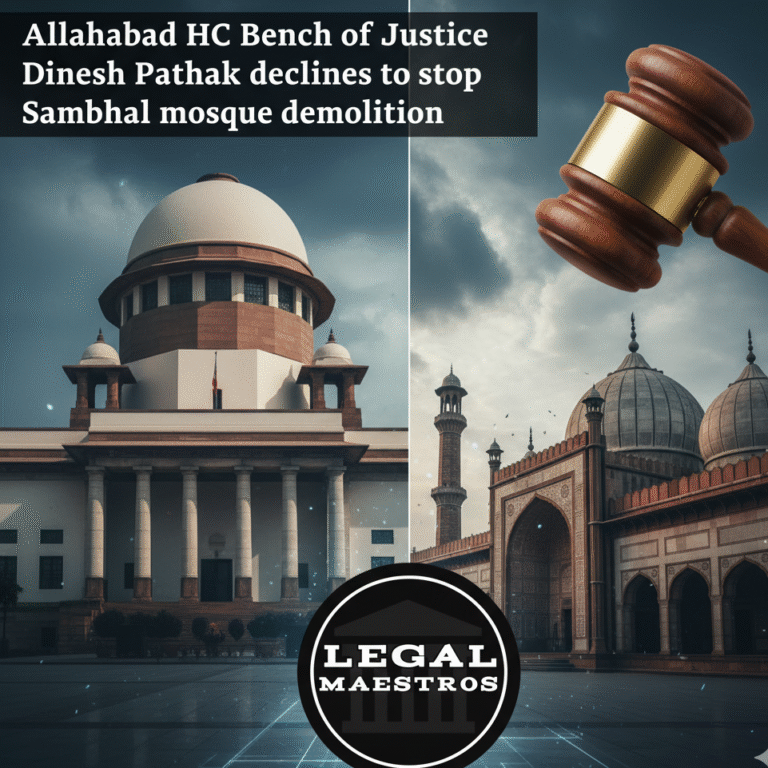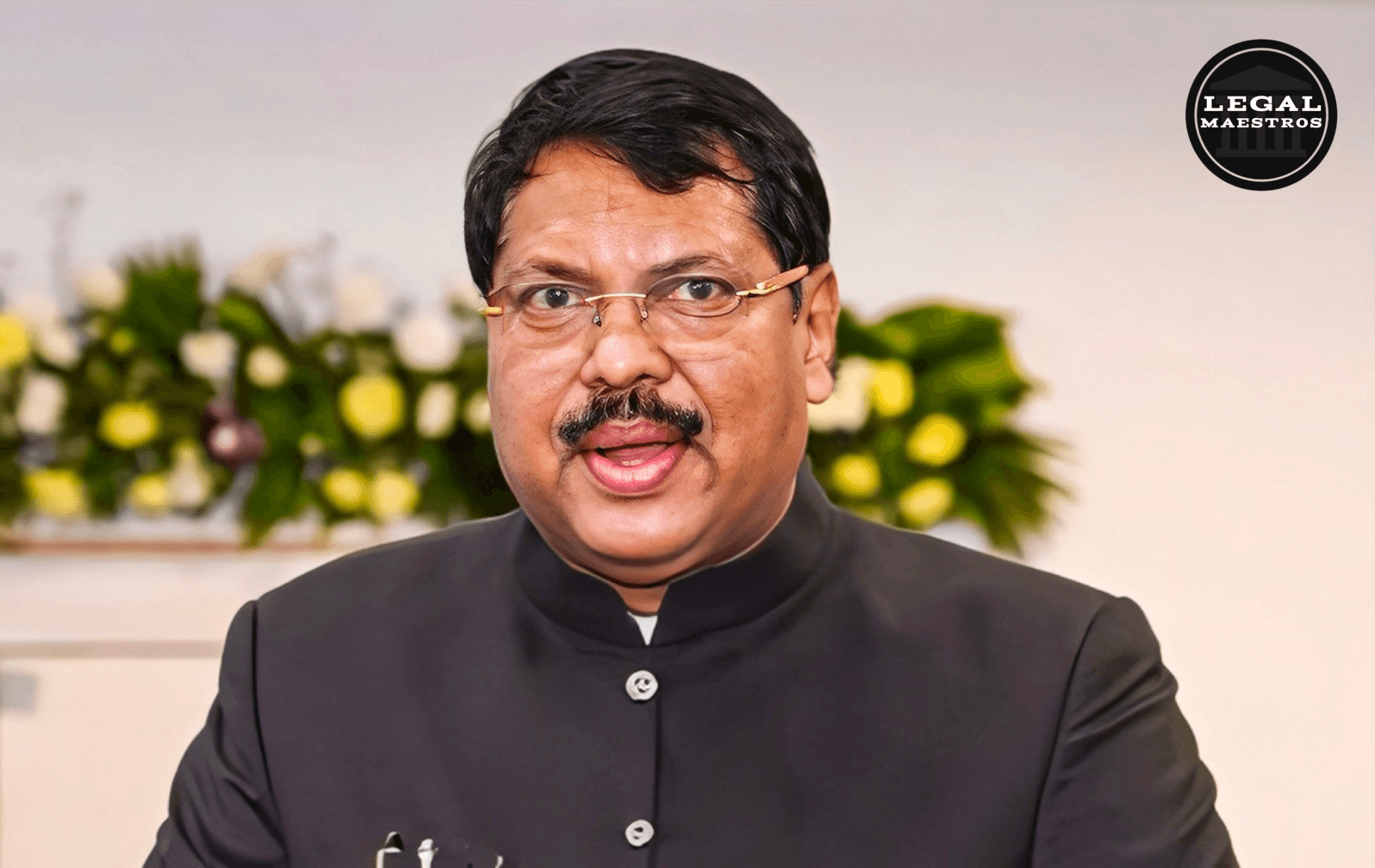
An explanation of the Supreme Court’s New Rule on Urgent Mention.
The Supreme Court of India, led by Chief Justice of India (CJI) B.R. Gavai, has already managed to implement a crucial shift in the way it does its procedural work. This caused an order to be given effective August 11, 2025, a ban on senior advocates to mention any matter where an urgent listing and hearing in the court of the Chief Justice of India is sought. This announcement that has been in the news and much disturbed is simple such that it aims at giving more chances to junior advocates to introduce their cases and get considerable experience in the supreme court of the country.
This article discusses the legal and practical outcomes of this directive, including whether it is legal, what the likely effect of it will be and the bigger picture of judicial reform it forms part of.
What is a Mention?
In order to realize the extent of this directive, it is vital to first of all comprehend the term mentioned. Lawyers are allowed to seek an out-of-turn listing and hearing of cases in the Supreme Court based on urgency. This procedure is referred to as mentioning. It usually goes ahead at the commencement of the day’s proceedings before the CJI-led bench. It entails a short oral presentation by the attorney intimating why their case must be urgently brought before the court even though the ordinary queue of cases might be long and arduous.
For any queries or to publish an article or post or advertisement on our platform, do call at +91 6377460764 or email us at contact@legalmaestros.com.
This is actually a process that senior advocates have dominated in the past. Their age and character frequently put them at the front of the list, in the absence of all regard for the emergency of the case. This resulted in a situation in which junior lawyers could hardly attract the court into attending to them even when they had something that was genuinely urgent.
The rationale and the directive.
The order by CJI Gavai is a reaction to such disproportion. The CJI said on August 6, 2025, in an open court, that, “Monday, no senior counsel, I mean designated senior counsel, shall mention matters. Give juniors a chance to do it.” In addition he observed that there was in the legal fraternity a great demand that this change should be made.
This move is based on a concern about leveling the field. The underlying consequence is that the spotlight should be placed more on the urgency and merit of a case as compared to the seniority of the lawyers. The CJI hopes to empower junior advocates so that they can make these urgent mentions with the aim of:
For any queries or to publish an article or post or advertisement on our platform, do call at +91 6377460764 or email us at contact@legalmaestros.com.
Inclusion and Equality: The order seeks to eliminate the unofficial hierarchy long pursued through the process of mentioning in the court that gives all the lawyers ignoring their designation a fair opportunity of being heard.
Promoting Young Talent: The move promotes young talent highly as these individuals find it difficult to break into the competitive world of lawyers. It enables them to create their reputation and get exposure in the courtroom.
Goal: Have Fair Listing of Cases: By basing solely on the merit of the case, over and against the stature of the lawyer, the directive would perhaps create a better and more just system in terms of listing of urgent cases.
For any queries or to publish an article or post or advertisement on our platform, do call at +91 6377460764 or email us at contact@legalmaestros.com.
Directive on Legal and the Basis of Legality Base
With the help of the Constitution, the Supreme Court of India can draft its own rules and procedures. Article 145 of the Constitution of India is the main source of this power which gives the supreme court power to make rules of procedure to regulate it’s practice. This involves such areas as filing petitions to list and hearing cases.
As the master of the roster, the CJI has an important administrative position. This long standing rule of law grants the Chief Justice the authoritative potential to distribute cases across benches and to oversee the operational operations of the court in general. The directive on urgent mentions can only be classified under this administrative and procedural power. It is not a law or a constitutional amendment but is a procedure followed to smoothen the operation of the court and foster a fairer environment.
Thus, the directive has no legal flaws and does not exceed the mandate of the CJI as he is not infringing on any constitutional or statutory provisions from a strictly legalistic perspective. It is a shift in court practice and not a shift in substance. In addition, the directive is not a blanket prohibition but a procedural directive as regards the court of the CJI and does not apply across the board to any other bench although the CJI himself expresses hope other judges will be guided by his example.
For any queries or to publish an article or post or advertisement on our platform, do call at +91 6377460764 or email us at contact@legalmaestros.com.
Hypothetical Effect and Responses
The edict has received both reception and warning reactions among the professional fraternity of lawyers.
- Favourable Response: The move has been received as welcome by quite a number of junior advocates and some senior lawyers. They view it as a forward-leaning initiative that finally tackles a very old problem of legal profession inequality. An example is the statement made by senior advocate Abhishek Manu Singhvi who has come out openly to say that he has no objections to the directive provided it is applicable to all senior advocates.
- Concerns and Challenges: There are certain apprehensions regarding this directive although the purpose of the directive is laudable.
- The Urgency Conundrum: The heart of the matter is how to determine the meaning of and how to prove urgency. One might argue that there is a considerable tendency to rely on senior advocates with all their experience as they tend to be better able to judge the real urgency of the case.
- Junior lawyers: Although junior lawyers currently have the chance, they will be dealing with a steep learning curve The oral examination process engages fast thinking and a very tight grasp of case facts. The efficiency with which junior lawyers will manage to work in this highly-tensed atmosphere remains to be tested.
- Effects on the Clients: Critics may also say that this directive may possibly end up influencing the clients who have paid for the services of a senior advocate because they may feel that they are not being given full attention as expected.
The chief justice of India, Gavai is imposing a restriction of not mentioning the pending cases to be urgently listed by senior advocates, which is a big step towards an overhaul of the judiciary. It is an action in process, well within the scope of the administrative council of the Chief Justice, in an effort to make the legal atmosphere more inclusive, more democratically egalitarian. By allowing junior lawyers to have a voice and platform, the directive aims to make sure that the merit of the case and the urgency of receiving a quick hearing are the main criteria and not the age of the lawyer.
Although there can be certain practical issues and concerns, the given project can redefine the way the Supreme Court operates and, ultimately, inspire a new generation of legal geniuses. It is indeed an indication that the judiciary will work toward correction of itself and the injustices of the past that have occurred in the judicial system. The effectiveness of this guide will require its successful implementation as well as the ability of the legal lawyers, both seniors and juniors to adjust to this new and progressive innovation.
For any queries or to publish an article or post or advertisement on our platform, do call at +91 6377460764 or email us at contact@legalmaestros.com.

